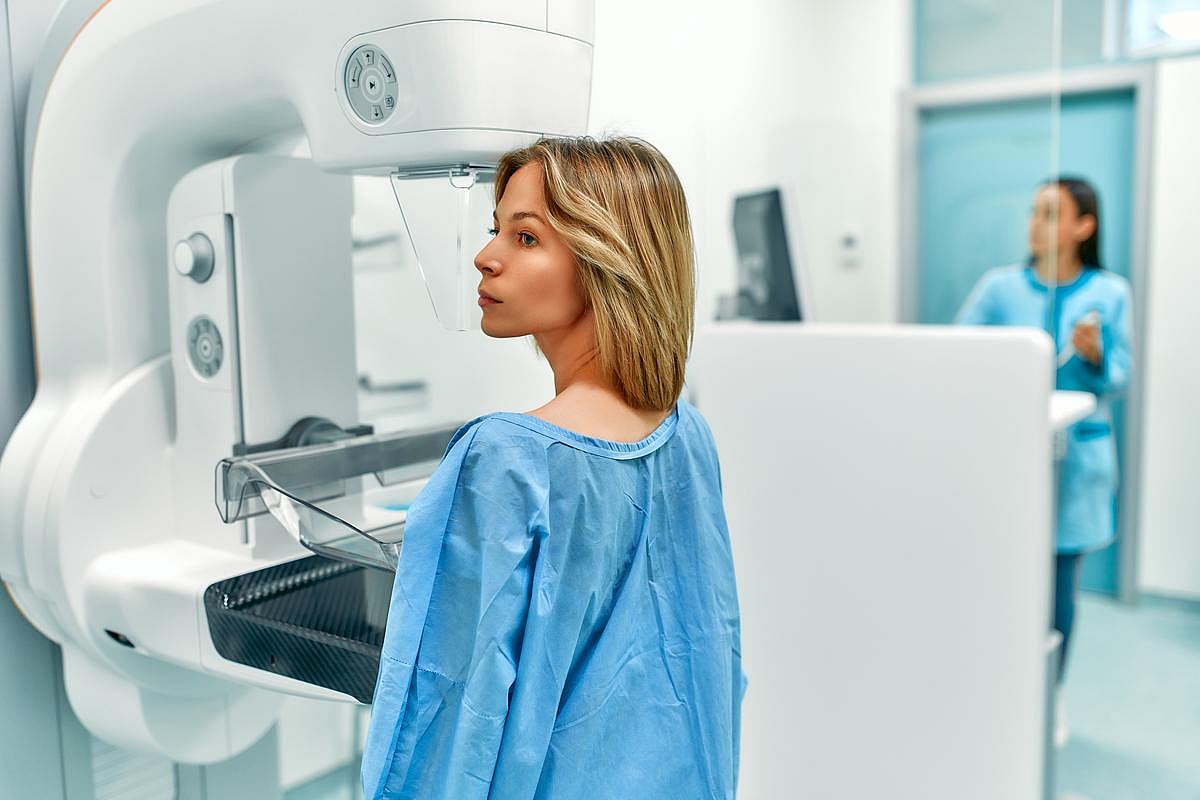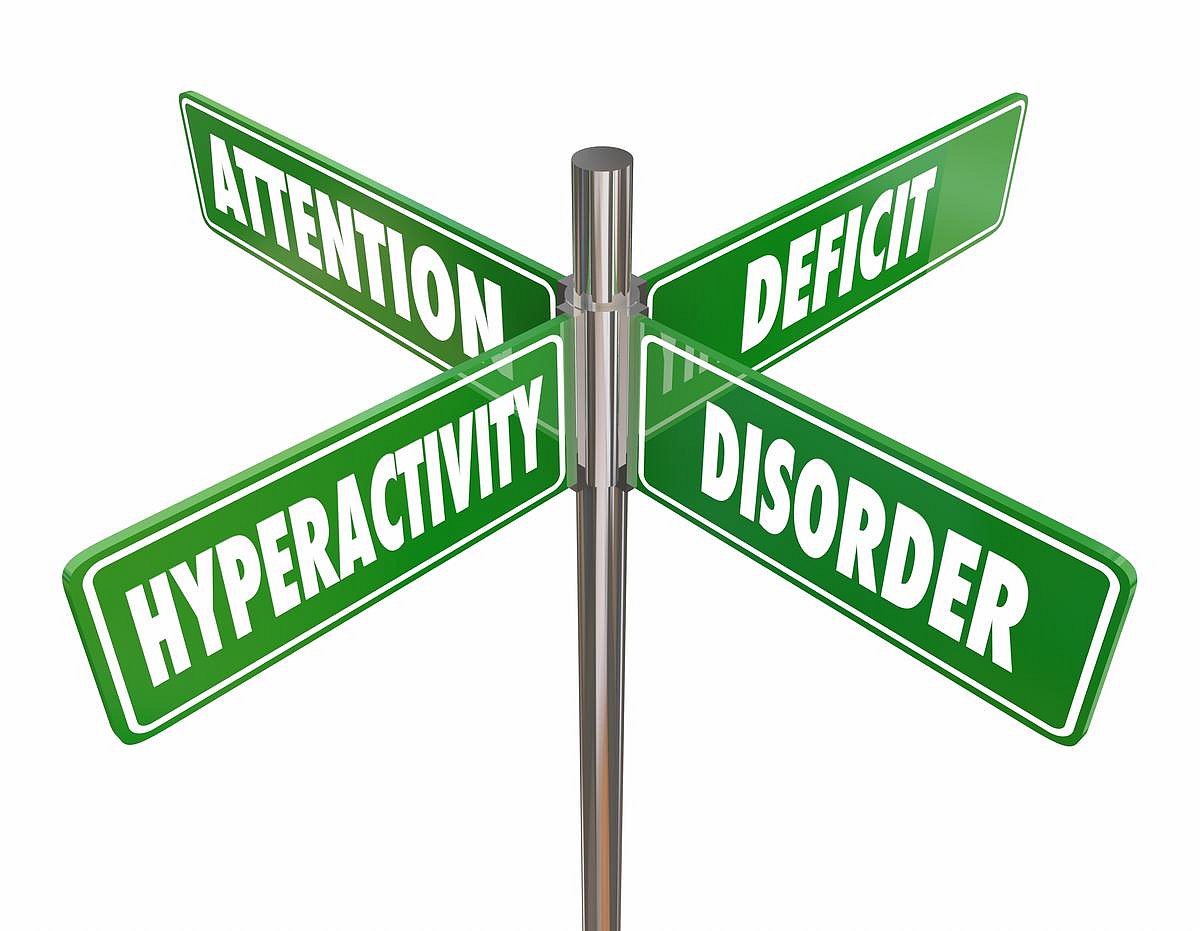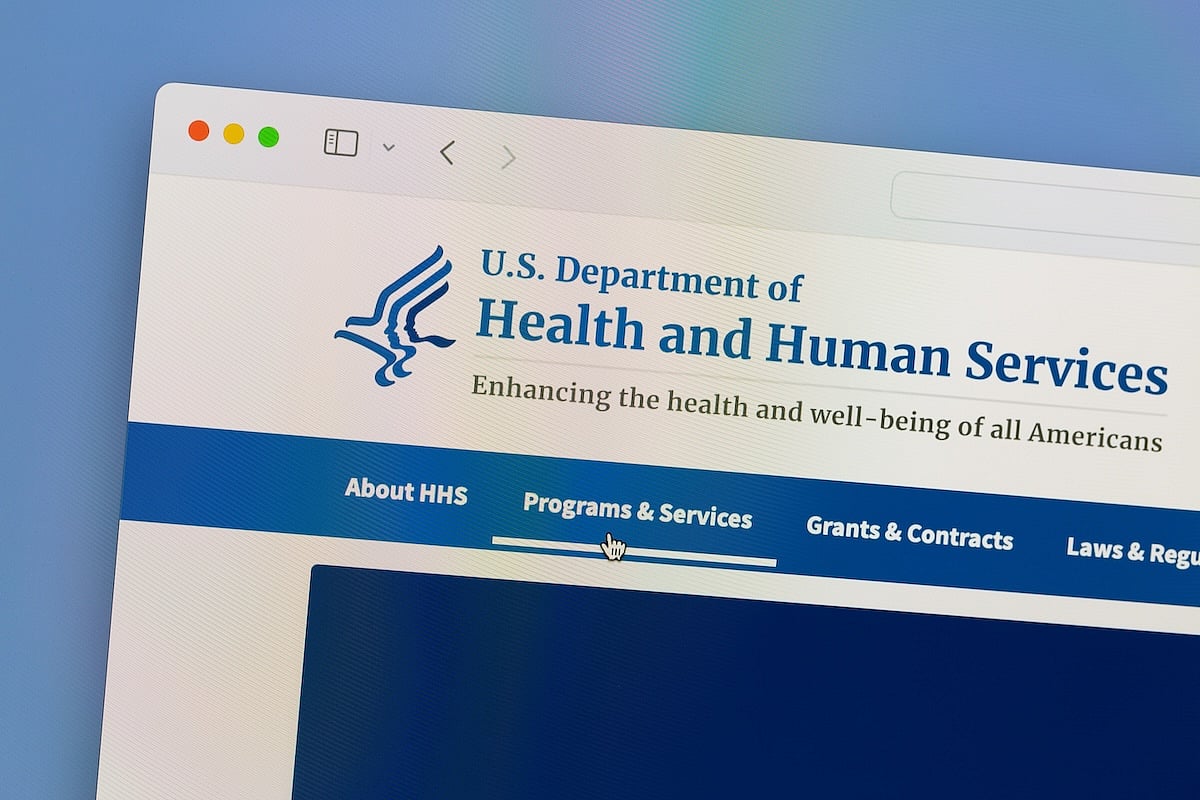
Exercise and sports appear to help kids avoid mental health problems as they grow into young adults, a new study says. Young children who participated in sports teams and physical education classes were less likely to develop problems like depression, anxiety and addiction as they aged into teenagers, researchers reported May 13 in the British… read on > read on >
















.jpg)













